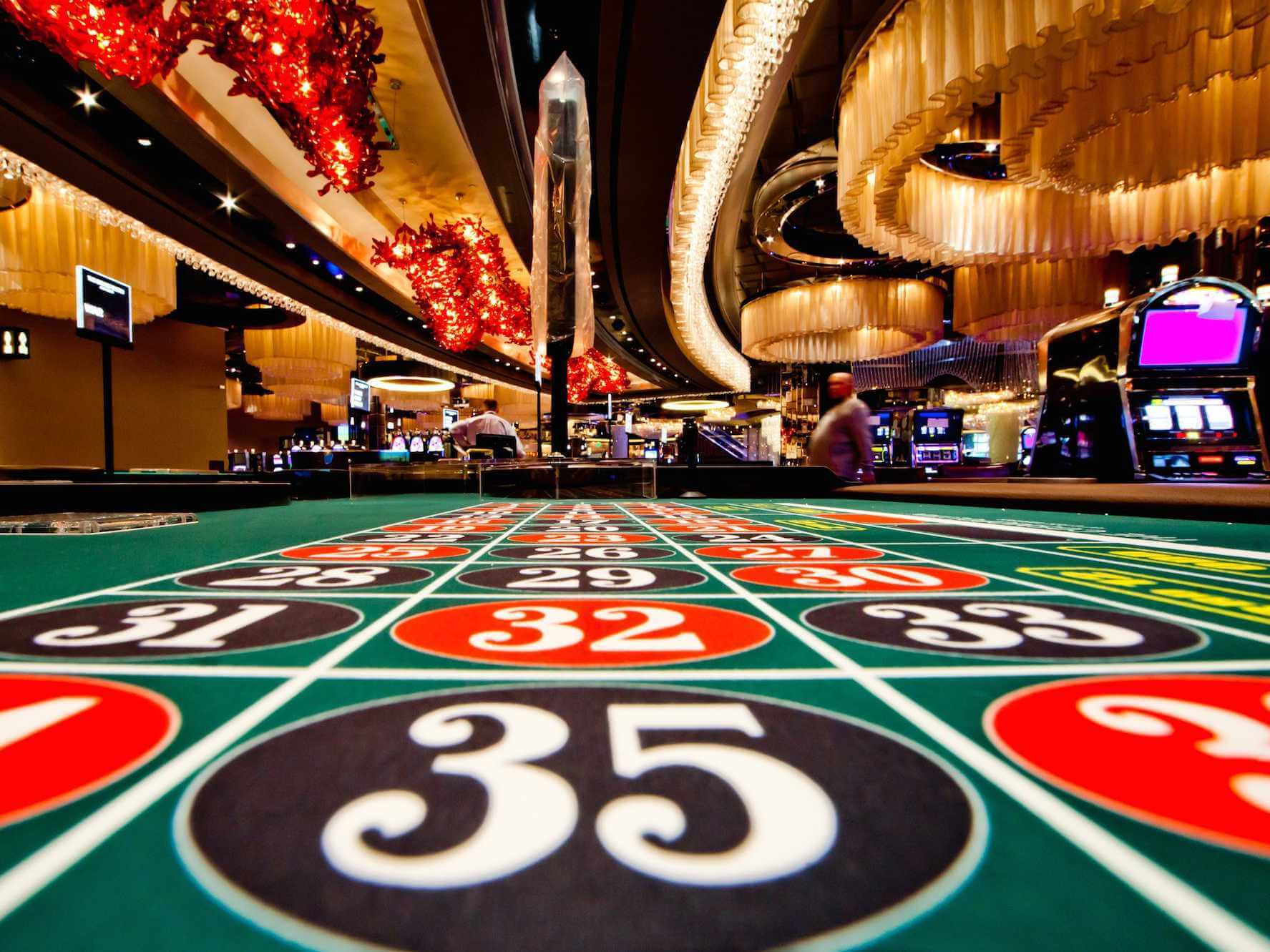Casino gaming has long been a topic of interest and controversy, drawing in millions of players around the world. With a mix of luck, skill, and the excitement of uncertainty, casino games offer an exciting escape from everyday life. However, as entertainment becomes ever more available, it calls for a more thorough examination of the ethical implications surrounding these games.
At the heart of the debate lies the question of whether casinos promote safe gambling or take advantage of vulnerable individuals. The allure of potential winnings versus the reality of losses can create a complex situation, and understanding this balance is crucial for both players and operators. As we delve into the ethics of casino gaming, we will explore the responsibilities of casinos, the effects on society, and the measures that can be taken to foster a healthier gaming environment.
The Impact of Casino Gaming on Society
Gambling in casinos has a significant influence on societal dynamics, affecting not only the financial landscape but also interpersonal dynamics and community structures. The income generated from casinos can lead to job creation and boost regional economies, as they provide various employment opportunities in multiple fields including food and beverage, leisure activities, and retail. However, while the economic advantages can be substantial, communities often grapple with the potential negative impacts that arise from higher gambling activity.
Moreover, the presence of casinos can lead to an rise in gambling addiction, presenting serious challenges for individuals and families. xóc đĩa đổi thưởng online The excitement of casino games can quickly evolve into a habitual habit, affecting personal relationships and leading to financial instability. Many individuals may find it difficult with the loss of control over their gambling behaviors, resulting in a need for assistance programs and interventions to address this growing issue. The social cost of gambling addiction can ripple through kinships and neighborhoods, creating an urgent need for sensible gambling approaches.
In addition to the economic and social consequences, casino gaming often reflects cultural attitudes towards risk and leisure. It can encourage a sense of joy and leisure, attracting tourists and boosting local travel. However, this allure may also mask the broader implications of gambling as a method of entertainment, raising ethical questions about its advertisement and accessibility. As communities weigh the advantages and drawbacks of casino gaming, the need for sensible approaches and regulation becomes increasingly critical in ensuring that the positive aspects are maximized while reducing the negative effects.
Moral Concerns in Betting Practices
The morality of casino gaming often center around the potential for addiction and its effects on individuals and households. Betting can lead to significant financial distress, impacting not only the betters but also their loved ones. As individuals become entrapped in the allure of winning, many lose track of their financial limits, which can result in catastrophic results such as bankruptcy. This raises ethical questions about the responsibility of gambling establishments in promoting responsible gaming practices and providing support for those who may be struggling with gambling addiction.
Another major concern is the promotion of gambling to at-risk populations. Gambling establishments often target low-income individuals or neighborhoods with the promise of fast rewards, which can continue cycles of poverty and despair. In this situation, the morality of advertising strategies used by gambling establishments come under scrutiny, as they may exploit the need of people seeking an way out from financial hardships. This manipulation raises moral questions about the integrity of the gambling industry and its responsibility to safeguard its most at-risk customers.
Additionally, the impact of casino gaming on society as a entirety cannot be ignored. While some argue that casinos create employment and boost local economies, others point to the social costs associated with problem betting, increased criminal rates, and a burden on public services. Balancing financial advantages with the potential for community issues presents a challenging moral dilemma for lawmakers and casino operators alike. The challenge lies in finding a ethical approach that takes into account the well-being of individuals and society while still permitting for the enjoyment of casino gaming.

Regulation Structure and Responsibilities
The regulatory framework related to gambling games is developed to ensure justice, honesty, and gambler protection. Various government entities and gambling commissions establish and apply regulations that dictate how gaming games work, the standards for activity development, and the procedures for managing rewards. These regulations vary by region but typically involve licensing requirements for providers and stringent measures to avoid cheating and dishonesty.
In also to regulatory bodies, gambling operators bear considerable duty in maintaining principled standards within their facilities. They must implement safe player practices that support gambler security and awareness, including providing self-exclusion options and sharing information about the risks related to gaming. Operators are also obligated for educating workers to recognize signs of difficult gaming and know the appropriate measures to assist customers in need.
Moreover, clarity in casino operations is essential for earning and keeping public faith. Casinos should present clear details about the odds of operations, advertising offers, and any associated dangers. By fostering an atmosphere of integrity and accountability, casinos can help reduce the potential adverse impact of gaming while improving the complete gambling experience for all players.